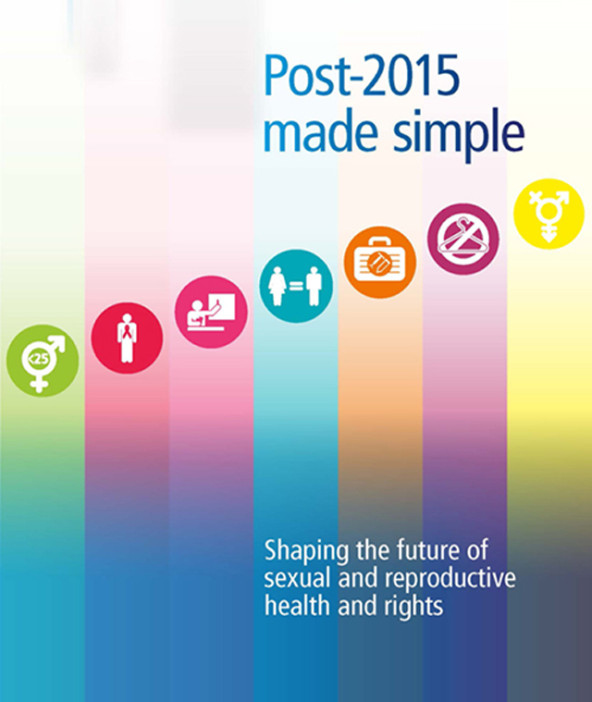In many cases, organizational change is a function of organizational control. But how can the leaders of a global entity drive change when they have limited control over the frontline units in their organization. A Case Study article titled “Planned Performance” offers one answer to that question. In the article, which appeared in the Winter 2015 issue of SSIR, Lee Green, Margot Fahnestock, and Jason Blau recount a major initiative launched in 2010 by the International Planned Parenthood Federation (IPPF). They show how IPPF leaders have begun to nurture a performance culture by implementing a carefully designed system of incentives and by offering robust management tools to its independent member associations.
To supplement the article, we offer several items that shed light on the mission and impact of IPPF and its member associations. This material appears here essentially in its original form and with the permission of IPPF.
The mission of IPPF starts and ends with the women and girls who rely on the support and services that its member associations deliver. In “Girls Decide,” a series of six films produced by the federation, beneficiaries from six different countries tell stories about the personal journeys that led each of them to an IPPF-affiliated facility. The video clip below introduces the series—and, in doing so, illustrates the range of needs that IPPF associations are able to meet when they perform at a high level. You can access all six films in the series here, at the IPPF website. (You can also view this introductory video at that page.)
Girls Decide: Turning Decisions Into Reality
Every girl has the right to access services and information, to make informed decisions, and should be supported to turn these decisions into reality.—from the video narration
To ensure a hospitable policy and funding environment for its core issue area—sexual and reproductive health—IPPF engages in a wide range of research and advocacy work. As Green, Fahnestock, and Blau note in their article, that issue area received limited attention from those who formulated the Millennium Development Goals. Today, as part of an effort to influence the next era of global development policy, IPPF has prepared a briefing document for leaders of its member associations. Here, we invite readers to download and review that document.
Post-2015 Made Simple
The Millennium Development Goals (MDGs) will end in 2015. In September 2015, the United Nations will agree on and adopt the framework that will replace the Goals: these are known as the Sustainable Development Goals. … Post-2015 will have the same impact, affecting the policy, programming and funding priorities of implementing governments and donors. It is vital that sexual and reproductive health and rights is reflected in the framework from the beginning to ensure that it gets the priority it deserves.—from the briefing document

Download the complete document here.
Thanks in part to the performance improvements described in our Case Study article, IPPF member associations have been able to broaden and deepen the impact that they make among their target populations. The interactive map below allows users to browse the various achievements that associations have registered in their home countries. IPPF has organized these achievements into categories such as “Access to SRH [sexual and reproductive health] services,” “Prevention of gender-based violence,” and “Assisted contraception.” Just click on a specific region of globe to view those examples of impact. (You can also view this map here, at the IPPF website.)
Our Impact
Support SSIR’s coverage of cross-sector solutions to global challenges.
Help us further the reach of innovative ideas. Donate today.
Read more stories by SSIR Editors.

